May 22nd, 1960. At 15:11, near the town of Traiguén, located at what nowadays is the Region of Araucanía, tectonic rupture occurred. The result was a powerful earthquake, it scored a magnitude of 9.5 Mw, the highest ever recorded in human history. The earthquake triggered a tsunami wave, around 30 ft tall traveling at a speed of around 95 miles per hour. The earthquake also moved the Earth's axis by 3cm.
The Valdivia Earthquake (names after the town of Valdivia) ended up destroying most of the towns in Southern Chile. On May 28th the local newspaper "La Cruz del Sur" published a preliminary report on the victims. 962 killed, 1410 missing, 140 injured, this as far as the authorities were aware up to the date. 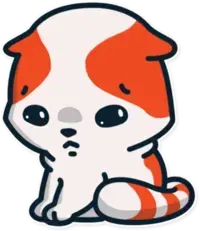
Welcome to the Republic of Chile
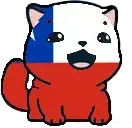
Greetings dramatards, as promised here starts or journey into what would become one of the most famous dictatorships of the Americas, the Chilean Military Junta. But before getting into the story of our infamous General and his Junta de Gobierno, first it's time to cover the basics of how Chile came to the point of democratic rupture. So let's start giving some context. 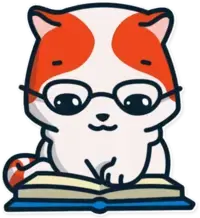
By the early 1960s Chile was a poor country. It wasn't the poorest in Latin America and while it fared better than most of the South American continent, the fact remained that it lagged far behind Argentina and Uruguay, the only countries which by that time counted with a large middle class. Chile was highly unequal and a significant portion of its population was still rural with peasants moving to the outskirts of Santiago forming what was known as "campamentos", basically shanty towns, favelas. 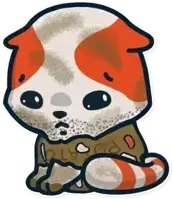
Chile's upper class what still composed by a few selective families from the colonial period (mostly of Basque origin) and rather new families of 19th century immigrant background (mostly from Britain, Germany, Croatia, etc) which also made up a big part of its small middle-class.
Despite all this, Chile was still a robust democracy. The constitution in effect at the time was the 1925 constitution which leads us to the Chilean government of the early 1960s.
The then President of Chile was Jorge Eduardo Alessandri Rodríguez.
Born in Santiago de Chile in 1896, he was the son of the late politician Arturo Alessandri Palma (1868-1950), who also served as President of the Republic between 1920 to 1925, and then again from 1932 to 1938.
Jorge Alessandri was elected President in the 1958 election. Under the 1925 Constitution the President of Chile was elected by a majority of 50%+ of the popular vote, if all candidates failed to achieve the 50% threshold, then Congress would elect the President, which is exactly what happened in 1958.
Alessandri was an independent, but he was supported by a coalition of right-wing parties 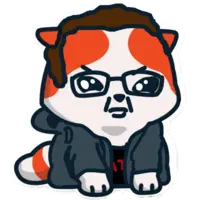
The results of the popular vote of the 1958 were:
Jorge Alessandri Rodríguez - 31.56% 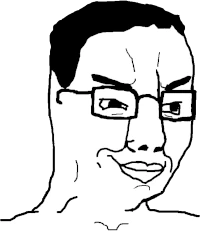
Salvador Allende Gossens - 29.85% 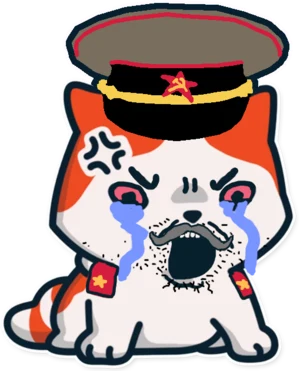
Eduardo Frei Montalva - 20.70% 
The resulting vote in Congress was Alessandri getting 147 votes and Allende getting 26. Salvador Allende was the candidate for the Socialist Party of Chile and a coalition of left-wing parties, while Eduardo Frei Montalva was a candidate for the PDC, (Partido Democráta Cristiano) or Christian Democratic Party which was a socially conservative but economically centrist political party.
Alessandri's style was what he nicknamed "gerencia" or "management", the point of which was to manage Chile as if it were a private company. By the early 1960s Chile was in dire need of reform, and the Valdivia Earthquake wasn't of help. After the earthquake Alessandri went to the US and got aid thanks to President John F. Kennedy and his "Alliance for Progress" program, which included 422 million dollars to help the damaged of Chile. The Chekhov earthquake also triggered the arrival of another important actor of this story later on… 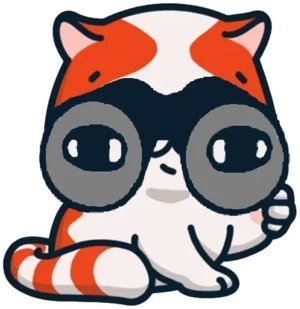
The Alliance for Progress programs also promoted certain policies, among the most important of them, land reform. In 1962 which was also the year where Chile was host of the World Cup, Alessandri signed the first land reform bill which was rather modest on its reach. By the end of his term he felt like Chile needed deeper structural reforms if they were to develop as their agriculture was lagging behind, he also oversaw projects of public housing in urban areas. However Alessandri's disapproval increased while left-wing parties grew stronger.
The 1964 Presidential Election
By 1964 there was a growing fear of Allende being elected. The Conservative Coalition was unpopular and of the top of the recent Cuban Revolution, left-wing guerrilas began to sprang up in Chile, like the MIR (Movimiento Revolucionario de Izquierda). Due to this, the rightoid candidate of that year, Julio Durán, decided to withdraw from the race and support the based centrist Eduardo Frei Montalva.
Eduardo Nicanor Frei Montalva was born in Santiago in 1911. He was the son of a swiss immigrant, Eduardo Frei Schlinz, and a Chilean woman, Victoria Montalva Martínez. After getting support from Durán he unknowingly got another ally, the United States of America and the CIA 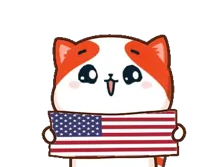
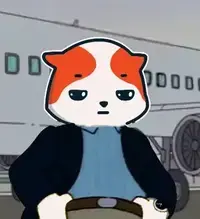
In order to help Frei Montalva's campaign, the CIA secretly funneled 2.6 million dollars to his campaign, along another 3 million dollars on anti-Allende political propaganda. This was done according without his knowledge lmao.
The final results of the 1964 election were:
Eduardo Frei Montalva - 56.09% 
Salvador Allende Gossens - 38.93% 
Julio Durán Neumann - 4.98% 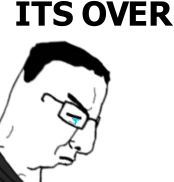
Frei Motalva was sworn in as President of the Republic on November 3rd of that same year.
Back then the President of Chile lasted 6 years in office and couldn't be consecutively re-elected. This becomes important later on 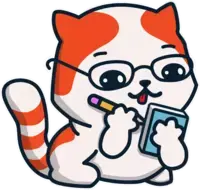
Frei Montalva begin what he called "Revolution in Liberty", placing an emphasis in improving education (over 3,000 schools were built during his presidency), social housing (over 130k units) and unionization. Union membership in Chile rose from 270,000 in 1964 to 550,000 in 1970 (by the latter date Chile had a population of around 9.8 million inhabitants). Another achievement was the reduction of child mortality from 103 per 100k to 79 per 100k.
He nationalized electrical companies and electrical input in Chile increased 50% during his presidency. There was also a huge investment to develop the steel industry (steel production increased from 620,000 metric tons to over a million).
Finally we arrive at other strong points of his administration, land reform and the nationalization of copper. Frei Montalva signed his first land reform bill in 1966 (expropriating and distributing 3.5 million hectares) and proceeded with a process called "chilenización" or chilenization of copper.
Copper to this day Chile's most important and valuable export 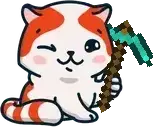 , back in the days the mines belonged to American multinationals. Frei Montalva created the "Corporación Nacional del Cobre" (CODELCO) and implemented a partial nationalization. The idea was to buy Chilean mines or to expropriate and indemnify multinationals to a point where the Chilean state would own 51% of the copper. Chilenization began in 1965 and the partial nationalization in 1969.
, back in the days the mines belonged to American multinationals. Frei Montalva created the "Corporación Nacional del Cobre" (CODELCO) and implemented a partial nationalization. The idea was to buy Chilean mines or to expropriate and indemnify multinationals to a point where the Chilean state would own 51% of the copper. Chilenization began in 1965 and the partial nationalization in 1969.
The year 1969 was the stage of a minor insurrection by the army against the government, due to poor equipment and salaries, showing some clashes the armed forced already had with the government along their dissatisfaction.
The 1970 Presidential Election
In the year 1965 the Movimiento de Izquierda Revolucionaria (MIR) was founded, with the goal of overthrowing the government by means of armed struggle in order to install a communist regime. Salvador Allende however kept insisting on getting power through legitimate means. In 1970 his coalition was the Unidad Popular (Popular Union) or UP. It was composed by the Socialist Party, the Communist party and other minor leftoid parties of Chile 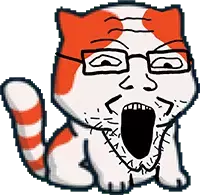
Salvador Guillermo Allende Gossens was born in Santiago in 1908, like most of the Chilean politicians, he belonged to an old money family with roots going back to the colonial era, the Allendes. He studied medicine  at the University of Chile and was part of the founding of the Socialist Party of Chile in 1933
at the University of Chile and was part of the founding of the Socialist Party of Chile in 1933 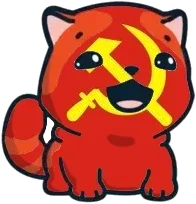
The rightoid candidate that year was good old Jorge Alessandri who by then was 74 years old and was suffering from some health issues. People mocked his ability to govern while Allende and co criticized Frei Montalva for not going far enough with his reforms (a.k.a. going full commie).
Alessandri was accused by leftoids of being senile and having early onset parkinson, meanwhile the PDC candidate was Radimiro Tomic 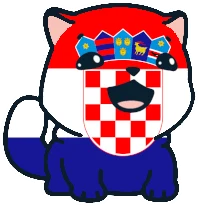 , a centre-leftist who had an informal pact with Allende.
, a centre-leftist who had an informal pact with Allende.
The campaign was a bitter one and the everyone was concerned about what would be the military's position if Allende was elected. On an interview with the rightoid newspaper "El Mercurio", the then commander of the Chilean Army, General René Schneider pointed out that that the army would stand and abide by the Constitution regardless of who the winner was.
The CIA didn't support any particular candidate against Allende that year, except for funneling 350,000 dollars to Alessandri's campaign. A CIA report informed that Cuba spent 350,000 dollars on Allende and after the end of the Cold War declassified documents from the KGB showed that the Soviet Union sent 400,000 dollars to Allende's campaign through the Cubans.
Finally, election day came on September 4th, 1970, and the results were:
Salvador Allende Gossens - 36.63% 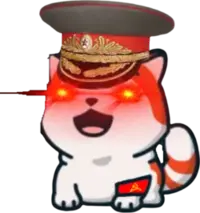
Jorge Alessandri Rodríguez - 35.29% 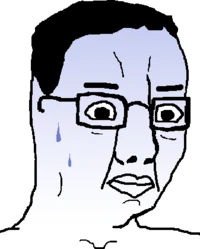
Radomiro Tomic Romero - 28.08% 
Chilean chuds got into panic mode 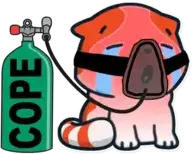 . Technically Congress could elect anyone as President if they failed to break the 50% threshold, but in practice they would elect the candidate who got a plurality of votes.
. Technically Congress could elect anyone as President if they failed to break the 50% threshold, but in practice they would elect the candidate who got a plurality of votes.
Alarm bells also ringed at Washington DC, where President Richard Nixon ordered to stop it from happening. The CIA then devised two plans known as "track 1" and "track 2".
Track 1 consisted in making Congress elect Alessandri, who would then proceed to immediately resign. This would trigger a snap election where the current and rather popular president, Eduardo Frei Montalva, could run again and win. This plan however failed as the PDC supported Allende on the October 24th Congress voting. This was due to an informal gentleman's agreement between Allende and Tomic, whereby one would acknowledge the other's victory if the difference was above 5,000 votes, and would only acknowledge a potential Alessandri victory if the latter won by a difference of 100,000 votes.
After this failed, track two came into scene. Meanwhile the KGB had instructions to help Allende be sworn in. Track Two consisted of creating a climate of political instability as to allow the armed forced to intervene and stop Allende from becoming president. Henry Kissinger 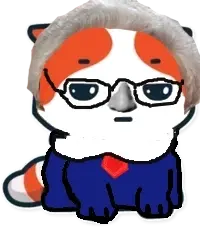 was personally involved in the main operation which consisted of kidnapping General Schneider, the commander of the Chilean army, as a trigger for intervention (a leftoid guerrila would be blamed). General Roberto Viaux was in charge of the operation, however it failed as Scheinder resisted and he was killed. His assassination however paved the way for a different leadership in the army.
was personally involved in the main operation which consisted of kidnapping General Schneider, the commander of the Chilean army, as a trigger for intervention (a leftoid guerrila would be blamed). General Roberto Viaux was in charge of the operation, however it failed as Scheinder resisted and he was killed. His assassination however paved the way for a different leadership in the army.
Salvador Allende was sworn in as President of the Republic on November 3rd, 1970. His government plan was one of complete nationalization of copper, but without compensation, raising wages, freezing prices, and continue mass expropriation of land but with a more aggressive approach.
In order to pass his nationalizations, he based his decrees as being authorized by the short lives 1932 "Socialist Republic" (a bogus commie government which lasted for a few months). Nationalization of copper however was passed by congress with unanimity as it was a process which was bound to happen.
The US responded with a boicot and denial of credits for Chile, however Allende managed to get gibs from the Soviet Union.
According to former KGB General Nikolai Leonov, the USSR provided financial aid in the form of 100 million dollars of credit, 3 fishing boats, new factories, 3,100 tractors and 74,000 tons of wheat.
By 1971 deficit skyrocketed from 3.5% to 9.8% and by 1972 inflation kicked in as the government began activated the money printing machine a year earlier. Then came scarcity of goods and the rise of the black market along rationing.
The increase of money circulation was of 173% in 1972 and 413% by 1973, and with it also an economic recession. Allende blamed it on hoarders. Meanwhile guerrilla groups like MIR which by then felt empowered by government and had amassed almost 100k members were pushing land reform by themselves, with the government doing little to nothing to stop them. MIR took over factories and land properties while the government refused to send the carabineros (police force). Polarization and political violence characterized his 3 years as President. Allende tried to get the USSR to invest 400 million dollars on Chile through factories and infrastructure. However by late 1972 the Soviets denied Chile any further aid requests 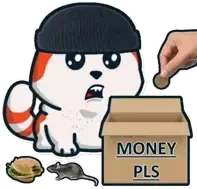
In the mist of chaos, by the year 1973 a plot was being developed within the high command of the Chilean Navy, along other conspirators of the armed forces and some help of Burger glowies 
!historychads !anticommunists !neolibs !latinx
Who would you have voted for in the following elections
1958 Election
1964 Election
1970 election


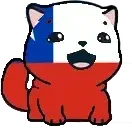
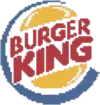


 aweonao
aweonao
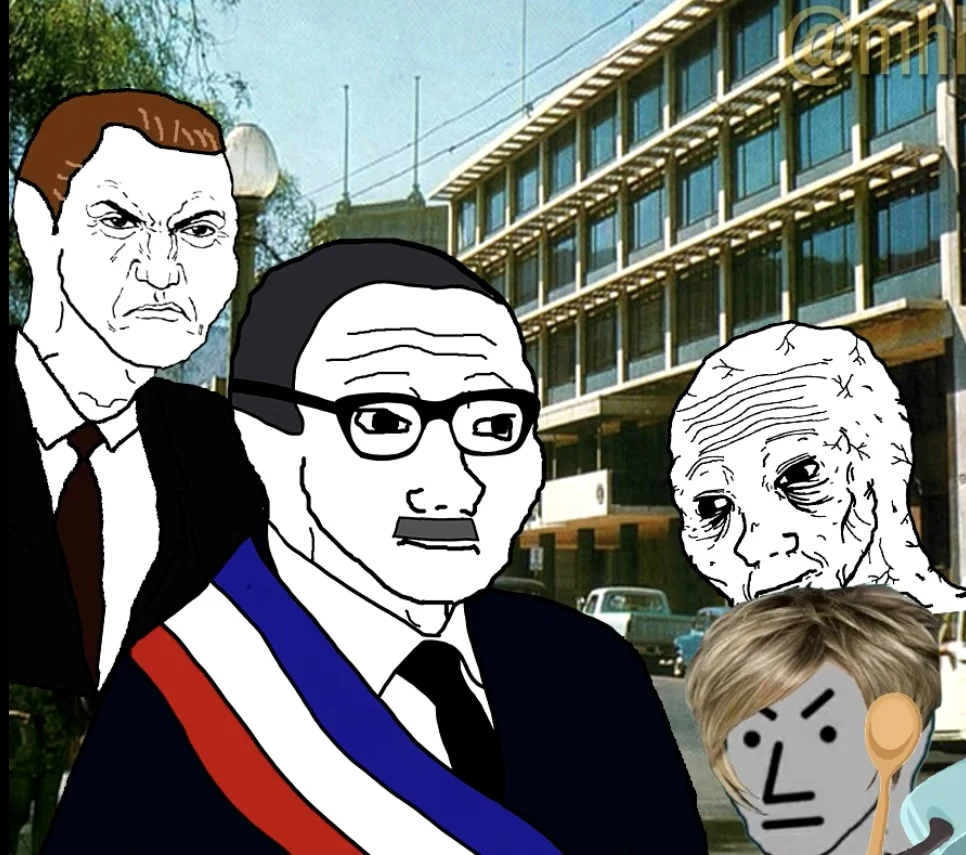
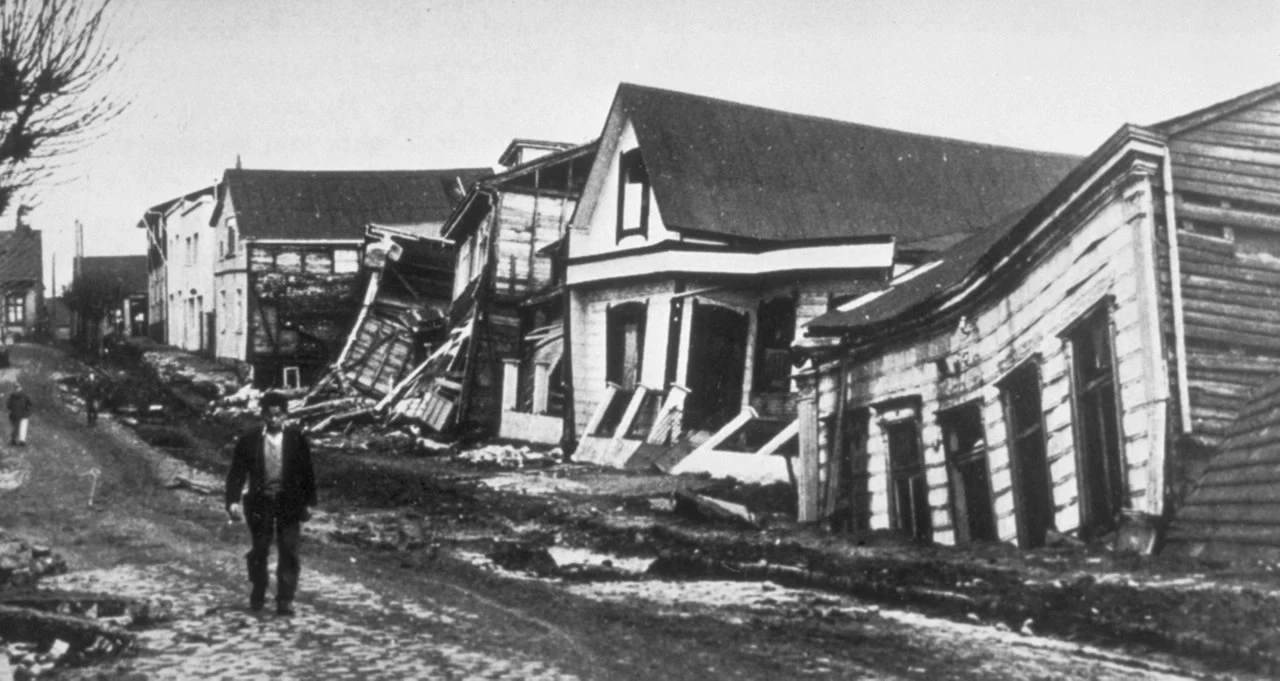
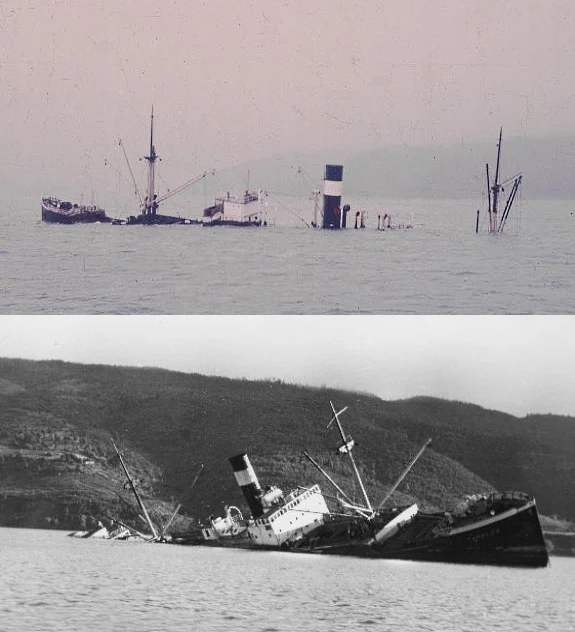
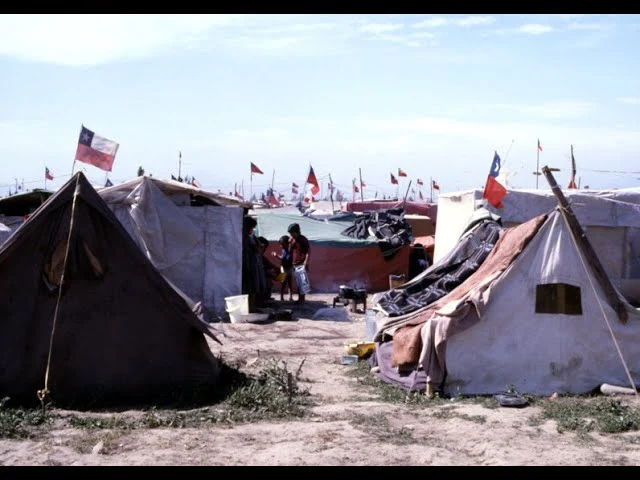
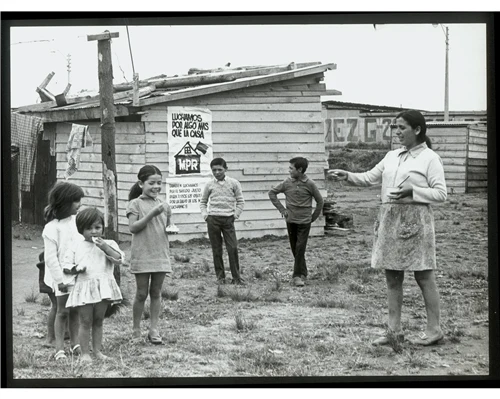
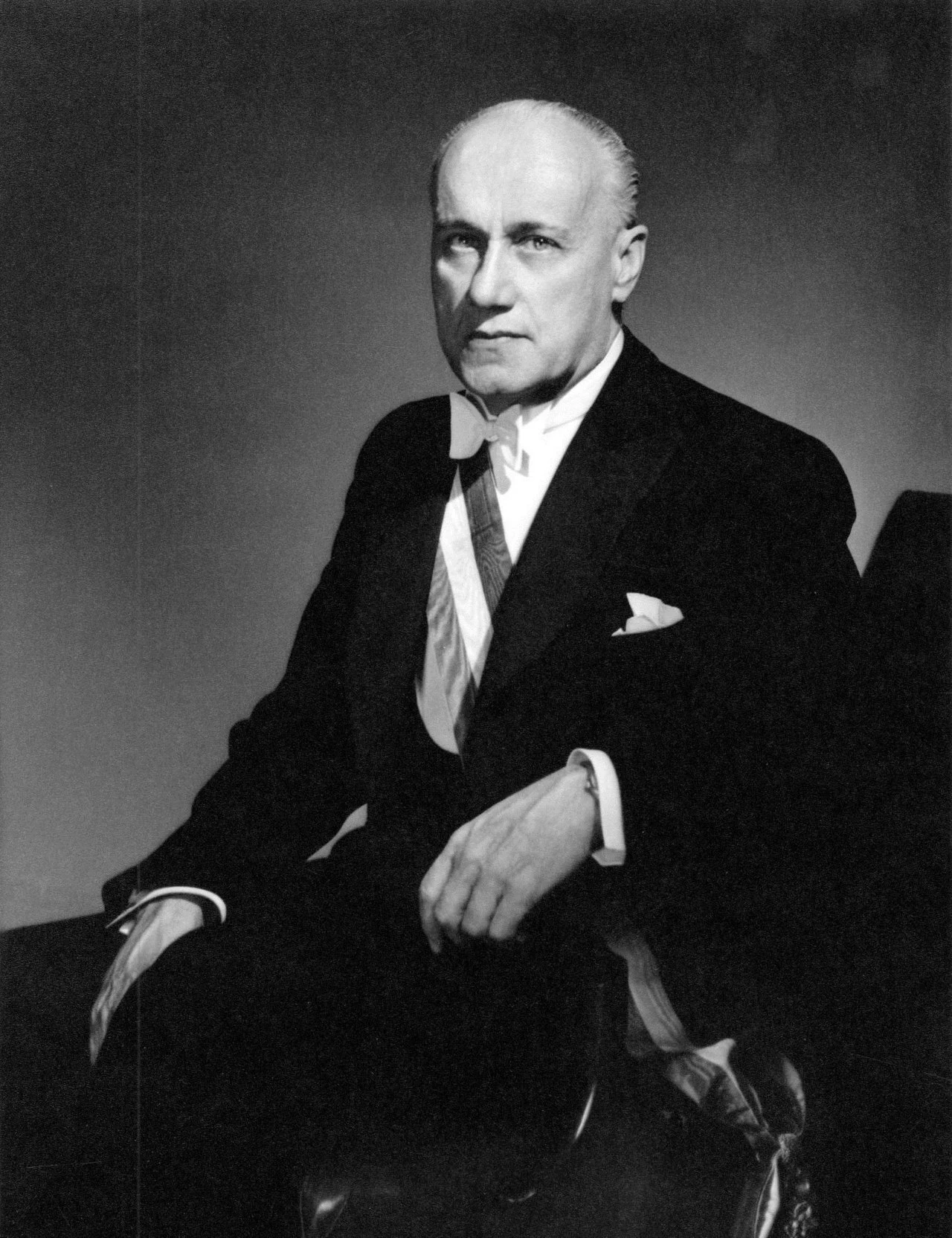
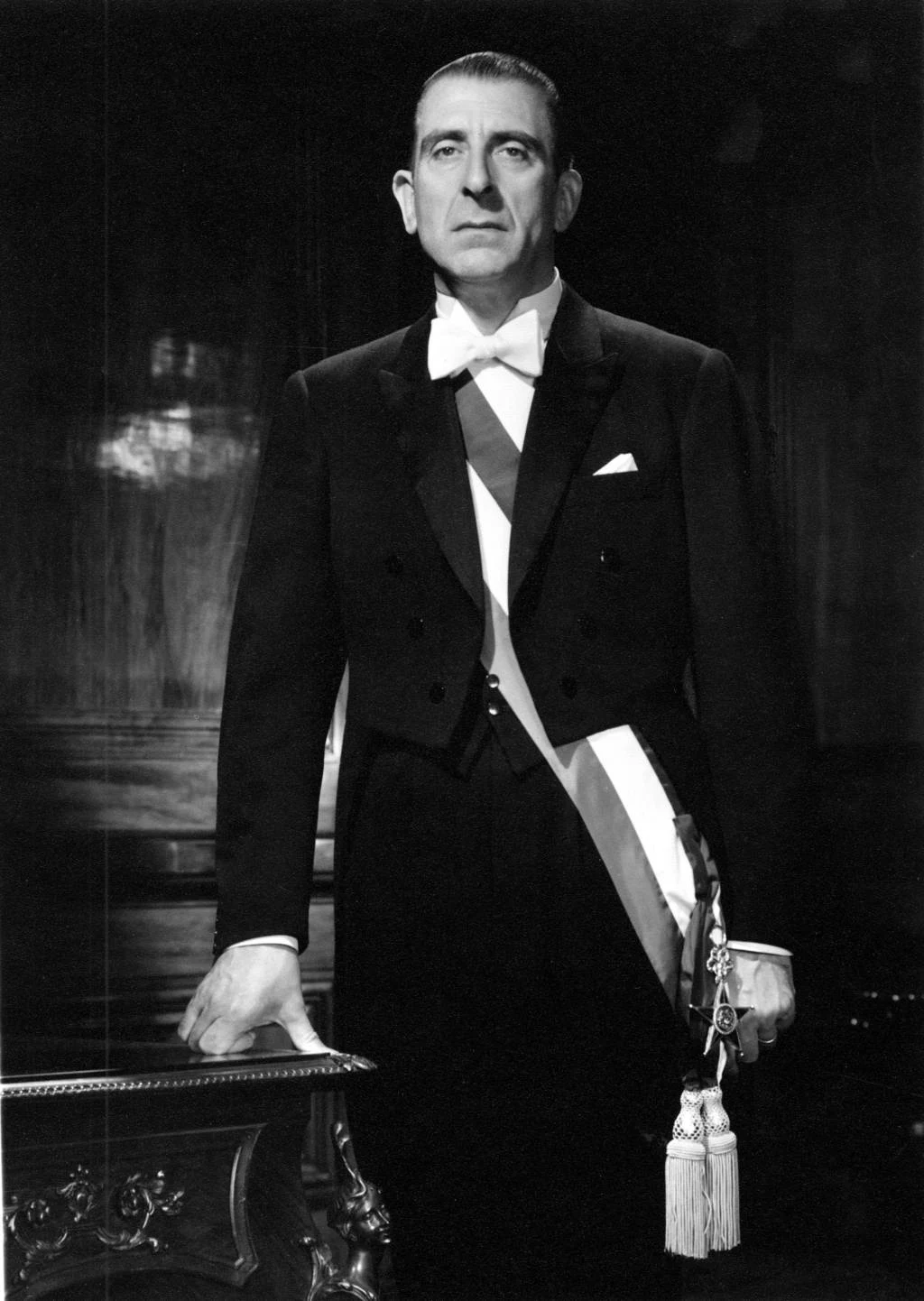
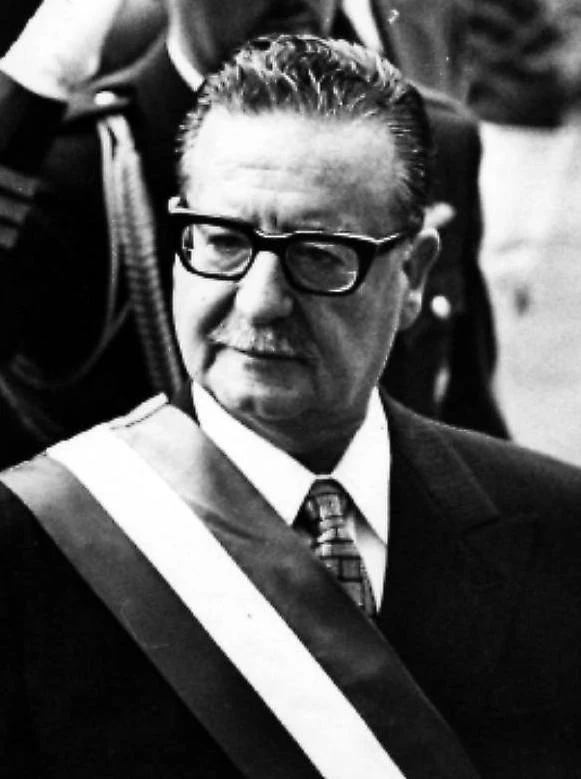

.webp?h=11)
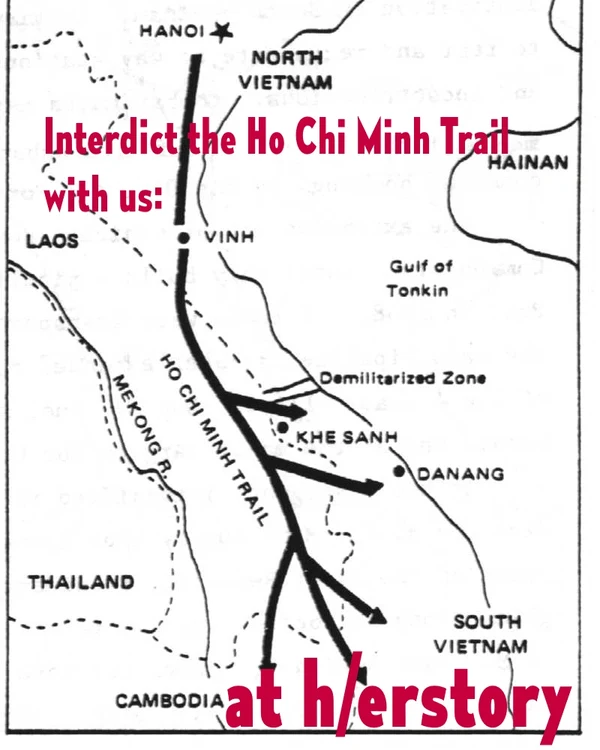
Jump in the discussion.
No email address required.
Man, the Cold War was awesome. I miss it.
Jump in the discussion.
No email address required.
More options
Context